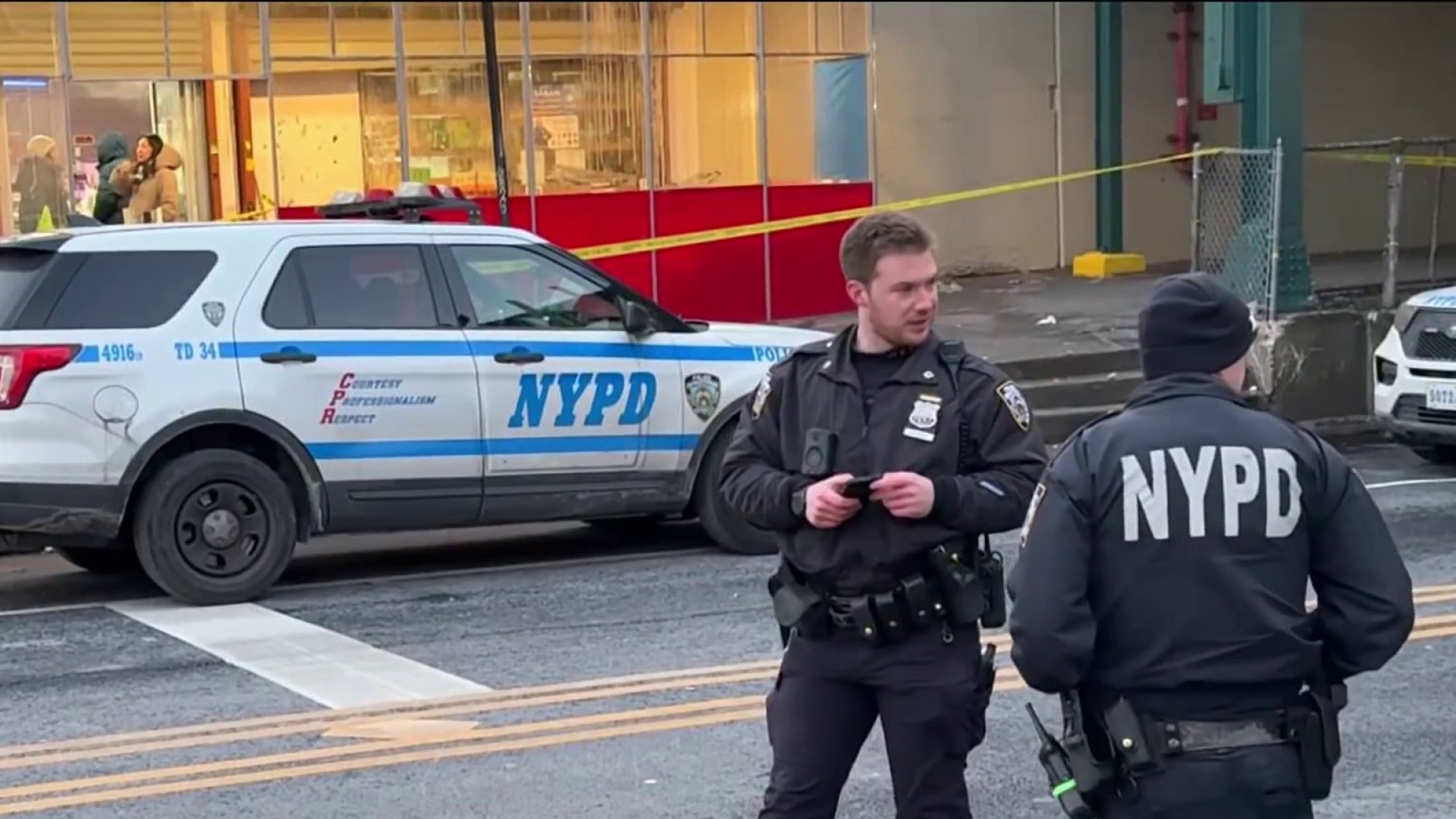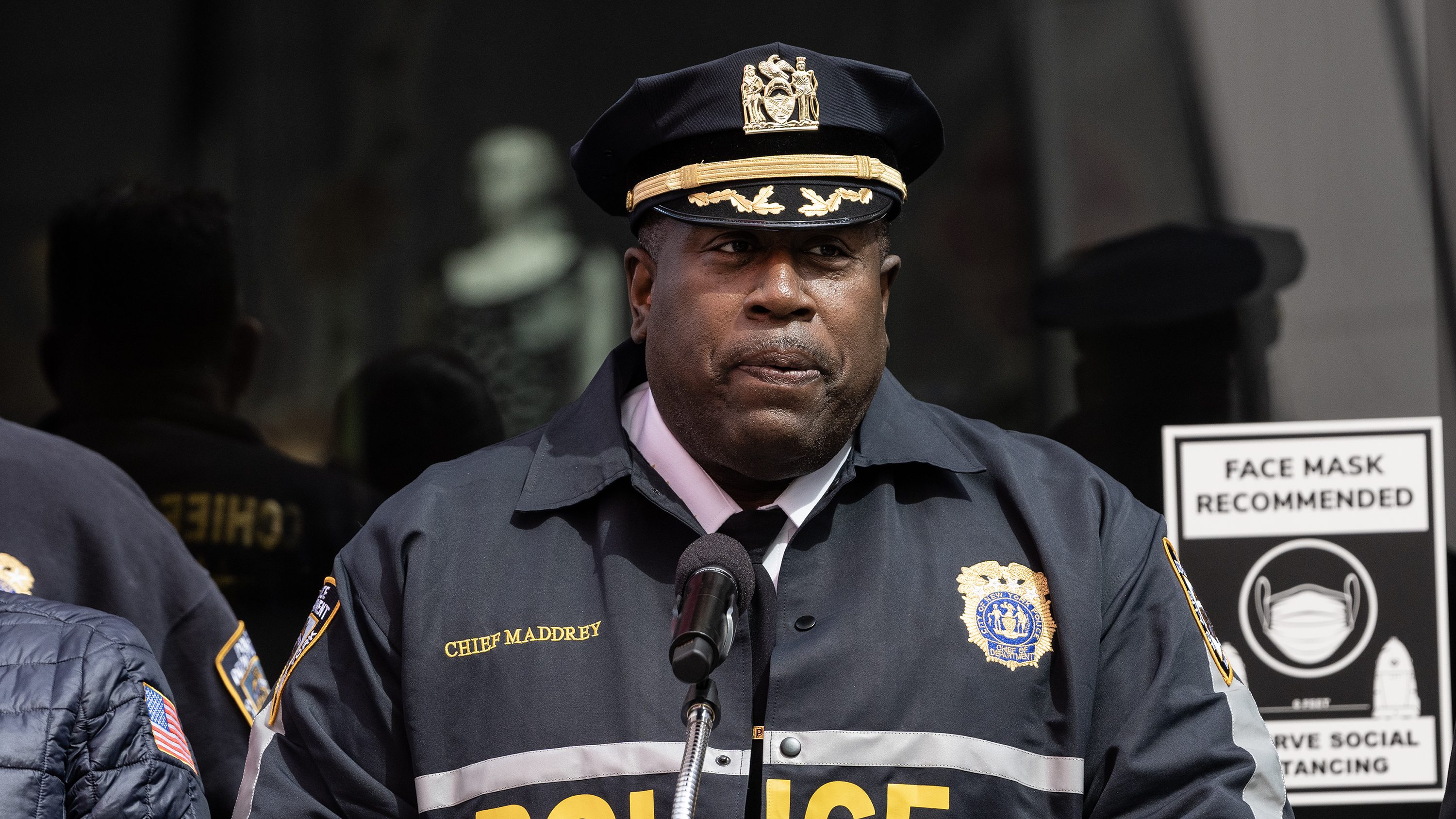Former New York Gov. David Paterson won't be charged with perjury on allegations that he lied to the state ethics board about taking free Yankees tickets for the 2009 World Series while he was in office.
The Commission on Public Integrity charged in a report last year that Paterson violated ethics laws when he contradicted his staff, the Yankees and common sense by falsely claiming he always intended to pay for the tickets.
There also was a question whether the Democratic governor gave "intentionally false testimony" to the commission about having written an $850 check in advance for two tickets, independent counsel Judith Kaye said in another report. She said the evidence warranted consideration of criminal charges.
Story continues below ↓advertisement | your ad here
But Albany County District Attorney David Soares informed Paterson's lawyer in a letter Wednesday that his office won't pursue perjury charges, according to Soares spokeswoman Heather Oarth.
In the letter, which was first reported by the Daily News and was released Saturday, Soares did not dispute the charges but said there was not sufficient evidence to prove them beyond a reasonable doubt.
Paterson spokesman Sean Darcy said the former governor had no immediate comment.
The decision effectively puts an end to the most serious legal problem stemming from the tumultuous administration of Paterson, who became governor after Eliot Spitzer resigned and decided not to seek election last year to a full term.
Local
Paterson, who had been lieutenant governor, presided over New York for two tumultuous years after succeeding Spitzer, who resigned in March 2008 amid a prostitution investigation. He was plagued from the start by a fiscal crisis hastened by the recession and a string of ethical accusations against him, both as governor and in his personal life, none of which resulted in any criminal charges.
The Commission on Public Integrity said in its report that Paterson performed no ceremonial function at the 2009 World Series game, which still would not have entitled him to free tickets for his son and son's friend. The others were used by the governor and the two staff members. He and two of his staff paid for four of the tickets a few days later.
The commission eventually fined Paterson $62,125, which he paid shortly after leaving office. The penalty consisted of the $2,125 value of the tickets and $60,000 for three violations of the state's public officer's law.
Commission spokesman Walter Ayres declined to comment on Soares' decision not to pursue charges.
"The moral and ethical tone of any organization is set at the top. Unfortunately, the governor set a totally inappropriate tone by his dishonest and unethical conduct," Chairman Michael Cherkasky said in the commission's December report. "Such conduct cannot be tolerated by any New York State employee, particularly our governor."
Kaye, the state's former chief judge, the perjury issue was "clouded" by the way Paterson's commission testimony was given, with the entries read aloud to the legally blind governor, instead of him personally examining a check that was not filled out in his own handwriting.
Paterson attorney Theodore Wells Jr. said then that Paterson didn't lie, and he noted that Kaye's August report didn't recommend bringing charges.
The perjury allegations had been seen as a long shot. Prosecutors outside the case said that charge is notoriously difficult to prove; a criminal case requires a higher burden of proof, Oarth said.
Among other scandals, an aide to Paterson was accused in a domestic violence case that touched off an evidence-tampering investigation. The aide, David Johnson, admitting he shoved his former girlfriend at her apartment on Halloween 2009.
The case became public after a series of New York Times articles questioning whether Paterson had acted inappropriately by calling the woman in the days after Johnson shoved her. Court documents showed she was being pressured to drop the case, which she did.
Paterson's involvement in the case caused him serious political damage, even though investigators found no evidence of witness tampering. Then, hounded by questions about the World Series tickets he received, he dropped plans to run for a full term early in 2010.
Most of the personal and professional accusations against Paterson — including rumors of sex and drug escapades that were never proven — ended then.
His legal blindness required him to depend greatly on his staff. He never learned to read Braille, so aides had to read voluminous documents and news reports to him every day and he memorized speeches and other data.
Paterson is now a guest on New York City sports radio shows, a medium with which he said he's felt most comfortable since he became legally blind as a child. He also teaches at New York University.
His legacy improved this year, as Democratic Gov. Andrew Cuomo employed a budget law tool that Paterson discovered and first used last year to force the Legislature to cut spending. Under the law, which may have ended decades of late budgets in Albany, Paterson found that if the Legislature didn't agree to a budget by the April 1 deadline, a governor can impose his budget through a series of emergency spending bills. The Legislature is left with a choice of accepting the bills or shutting down government.



